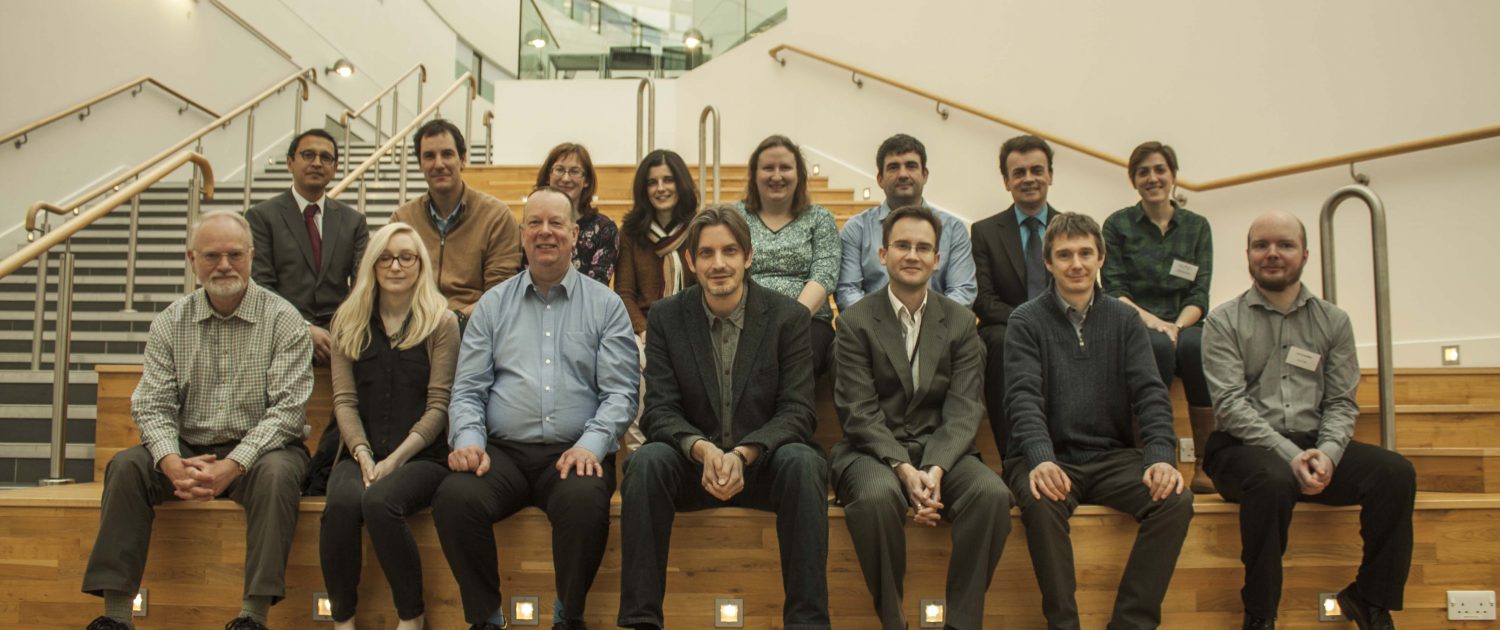
RiCORE

- Title
-
RiCORE
- Start Year
-
2015
- End Year
-
2016
- Funding Body
-
European Union – Horizon 2020
- Coordinator
-
Robert Gordon University
- Research Area
- Key Contact
- Website
Introduction
The aim of the RiCORE project was to establish a risk-based approach to consenting where the level of survey requirement is based on the environmental sensitivity of the site, the risk profile of the technology, and the scale of the proposed project. The project, which received funding from the European Union’s Horizon 2020 research and innovation programme, ran between January 1st, 2015, and June 30th, 2016.
The consenting of offshore renewable energy is often cited as one of the main non-technical barriers to the development of this sector. A significant aspect of this is the uncertainty inherent in the potential environmental impacts of novel technology. To ensure consents are compliant with EU and national legislation, such as the Environmental Impact Assessment and Habitats Directive, costly and time-consuming surveys are required even for perceived lower risk technologies in sites that may not be of the highest environmental sensitivity.
The RiCORE project studied the legal framework in place in the partner Member States to ensure the framework developed was applicable for roll out across these Member States and further afield. The RiCORE project then considered the practices, methodologies, and implementation of pre-consent surveys, post consent, and post-deployment monitoring in order to allow a feedback loop to inform the development of the risk-based framework for the environmental aspects of consent and provide best practice. The project achieved these aims by engaging with the relevant stakeholders including the regulators, industry, and EIA practitioners, through a series of expert workshops and developing their outcomes into guidance.
The impact of the project will be to improve, in line with the requirements of the Renewable Energy Directive specifically Article 13 (1), consenting processes to ensure cost-efficient delivery of the necessary surveys, clear and transparent reasoning for work undertaken, improving knowledge sharing and reducing the non-technical barriers to the development of the Offshore Renewable Energy sector so it can deliver clean, secure energy.



